When galleries become protest sites – a new exhibition explores the art of disruption
In a new exhibition at London's Auto Italia, Alex Margo Arden explores the recent spate of art attacks and the 'tricky' discourse they provoke
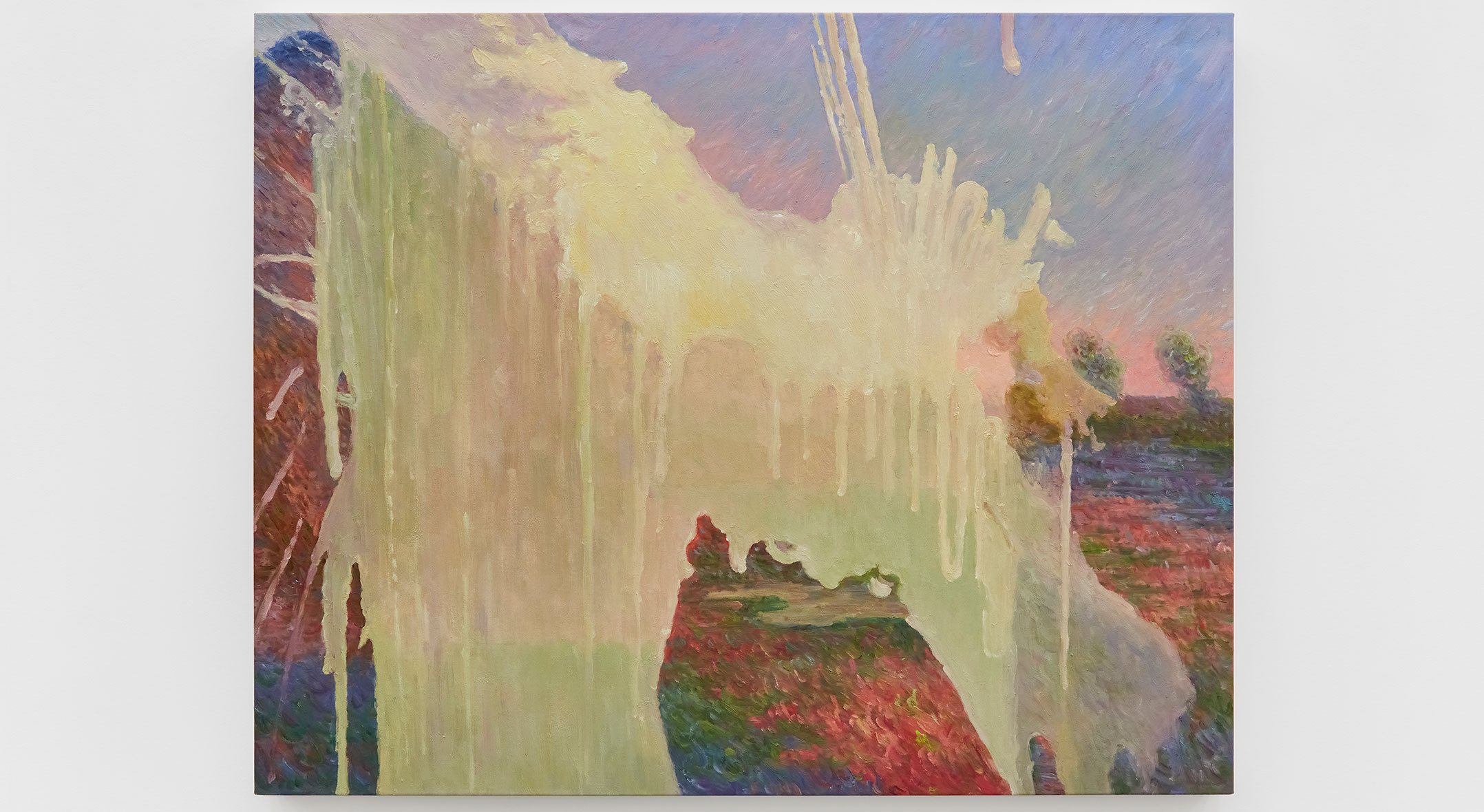
'It’s tricky, and the fact that it’s tricky is what drew me to it,' Alex Margo Arden tells me. The artist started making work inspired by protest actions in 2022, when Just Stop Oil activists made headlines by throwing soup at Vincent van Gogh’s Sunflowers at the National Gallery. ‘Safety Curtain’, her solo exhibition at London’s Auto Italia, looks at various moments when arts institutions have become protest sites.
It contains a number of paintings of recognisable artworks disrupted by activist groups, frozen in time moments after the event — red paint smeared across a Monet landscape; the Mona Lisa violated with pastry residue. Arden notes that, in most cases, the artworks themselves are safer than they seem. Their protective glazes bear the brunt of the damage, and inspired the exhibition’s title.
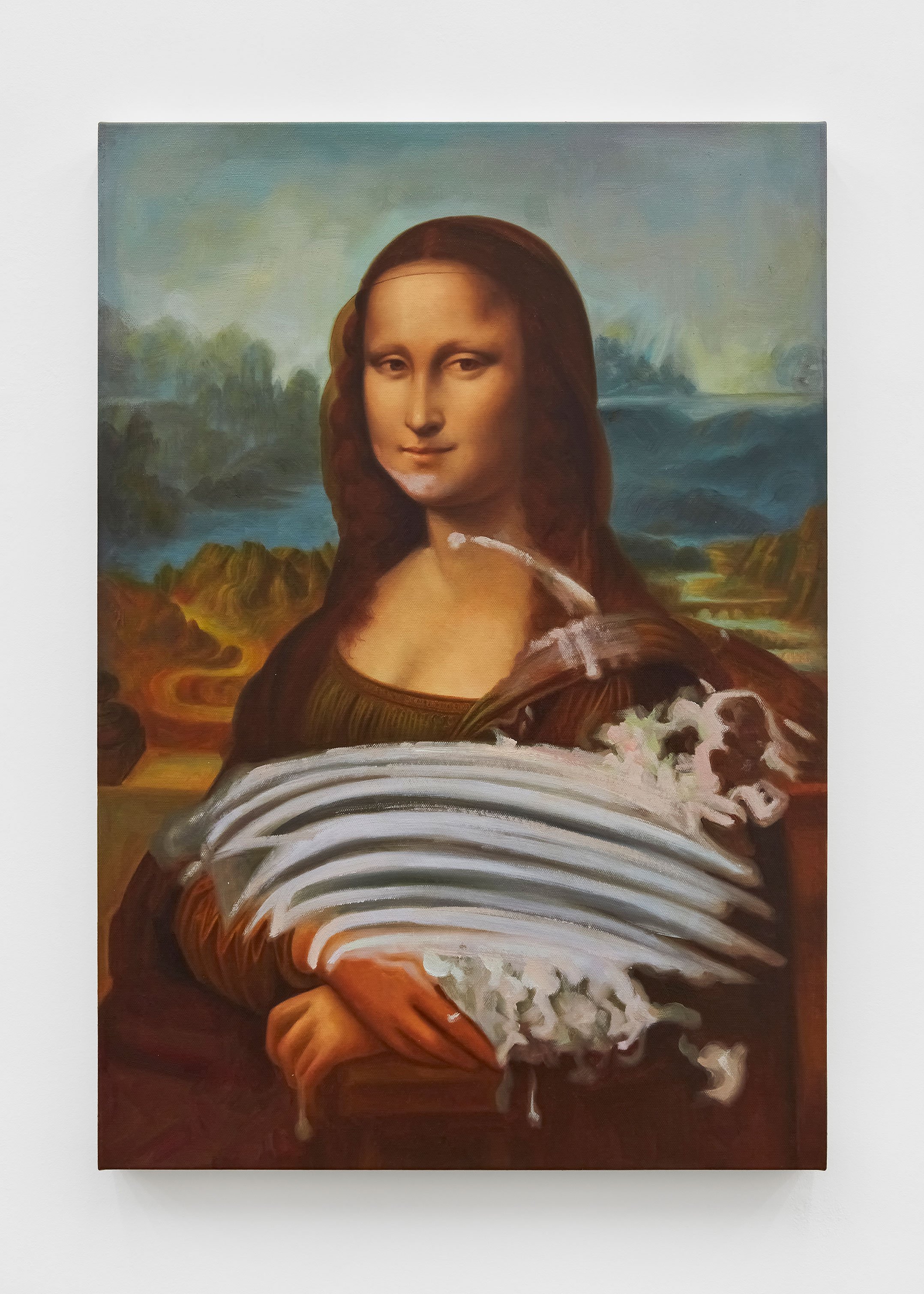
The Mona Lisa, smeared with cake, The Louvre 2022 Alex Margo Arden. Image: Scene [29 May 2022; Louvre, Paris] III, 2024. All images courtesy the artist, Auto Italia and Ginny on Frederick.
The trickiness has to do with the extreme public reactions to such events. Though the artworks tend to remain unscathed, the protests inflict what Arden calls 'symbolic damage.' It’s a symbolism that ruffles many feathers; groups like Just Stop Oil are subject to a near-constant stream of vitriol online. Sympathy for their environmental cause seems to be in short supply.
Arden takes a more nuanced point of view. She’s all for the conservation of important artworks, but understands that, in the long term, this involves heeding the warnings of climate activists. 'The stakes of the cause are obviously huge,' she says, 'in the future, culture might not even exist — or be drastically changed by the deadly effects of climate crisis.'
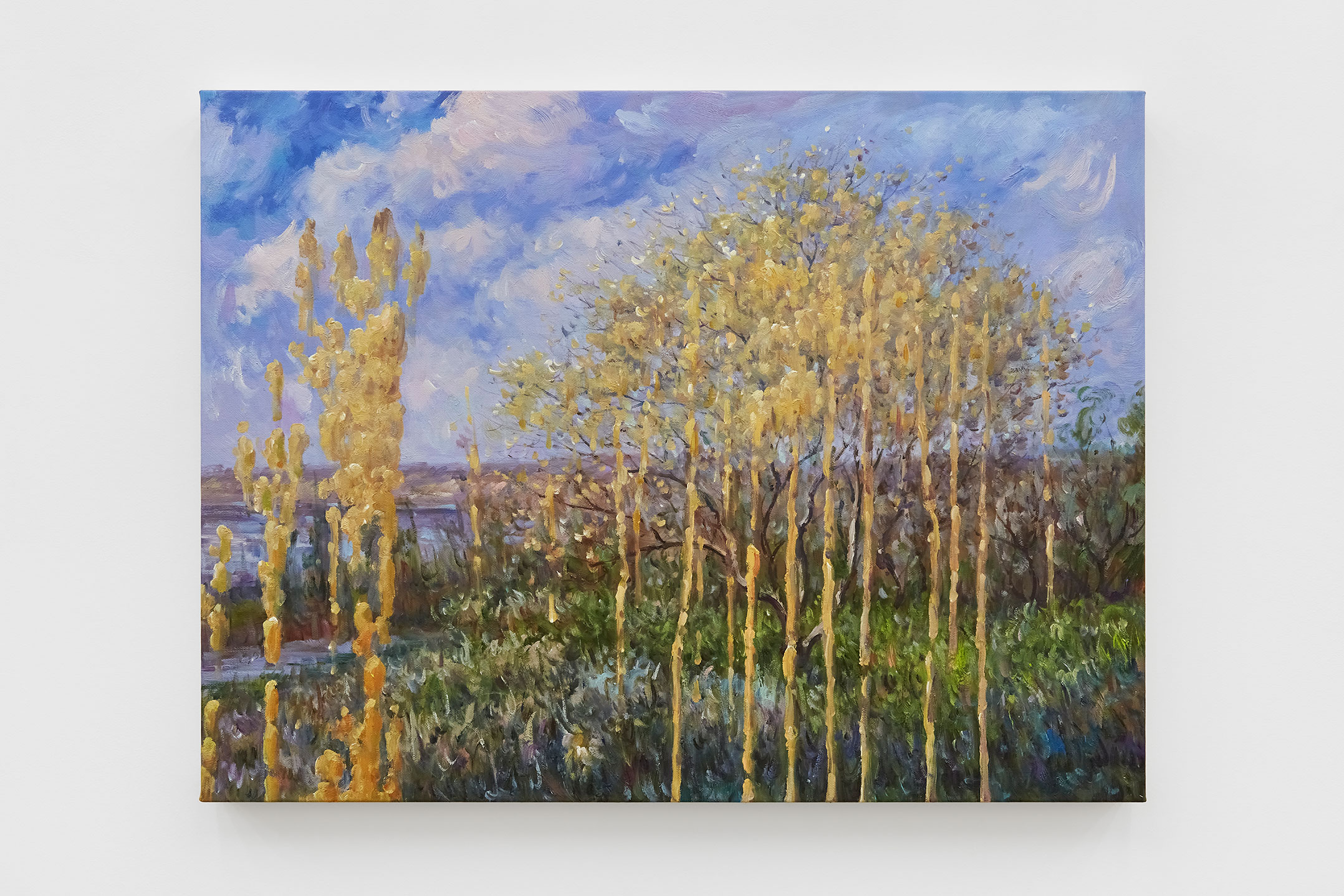
Monet's Le Printemps, covered in soup. 10 Feb 2024, Museum of Fine Arts Lyon. Image: Alex Margo ArdenScene [10 February 2024; Museum of Fine Arts of Lyon], 2024. All images courtesy the artist, Auto Italia and Ginny on Frederick.
Generally, we have low tolerance for ambiguity. It’s difficult to hold two opposing-seeming views at once. It’s hard to understand an act of symbolic damage as an act of care, but perhaps we should try to. It’s — to use Arden’s word — tricky, and that’s why she thinks we should engage with it: 'these exhibitions become a way of generating conversations and expanding thought, both for me and for the people who see the work.'
Cancelled Performance (2024–25) is an installation on the gallery’s facade. Arden has covered it with posters for a performance of Les Misérables with an appendage that reads ‘CANCELLED’, a reference to an action where protesters stormed the stage mid-performance. Eventually, the show went on — just as the masterpieces were cleaned and returned to display.
But Arden notes the importance of remembering these events, canonising them as part of cultural history. 'If we want to have art in the future, we’re going to have to think of how we’ll protect it.' Paradoxically, disruptions like these will be a key part of that conversation.
Wallpaper* Newsletter
Receive our daily digest of inspiration, escapism and design stories from around the world direct to your inbox.
Safety Curtain is at Auto Italia in London from 17 January 2025
Phin Jennings is a writer and researcher based in London. He writes about art, culture for titles including Frieze, Apollo, The Art Newspaper and the Financial Times.
-
 How to use AI in architecture? A practical guide with Tim Fu
How to use AI in architecture? A practical guide with Tim FuArchitect Tim Fu, an early AI adopter who regularly uses these new technologies in his practice, offers advice for how AI can assist your
-
 The largest posthumous survey of Helen Frankenthaler puts her in the frame with Pollock and Rothko
The largest posthumous survey of Helen Frankenthaler puts her in the frame with Pollock and RothkoGuggenheim Bilbao hosts 'Painting Without Rules', a major exhibition of soak-stain innovator Helen Frankenthaler’s paintings that also includes Pollock and Rothko
-
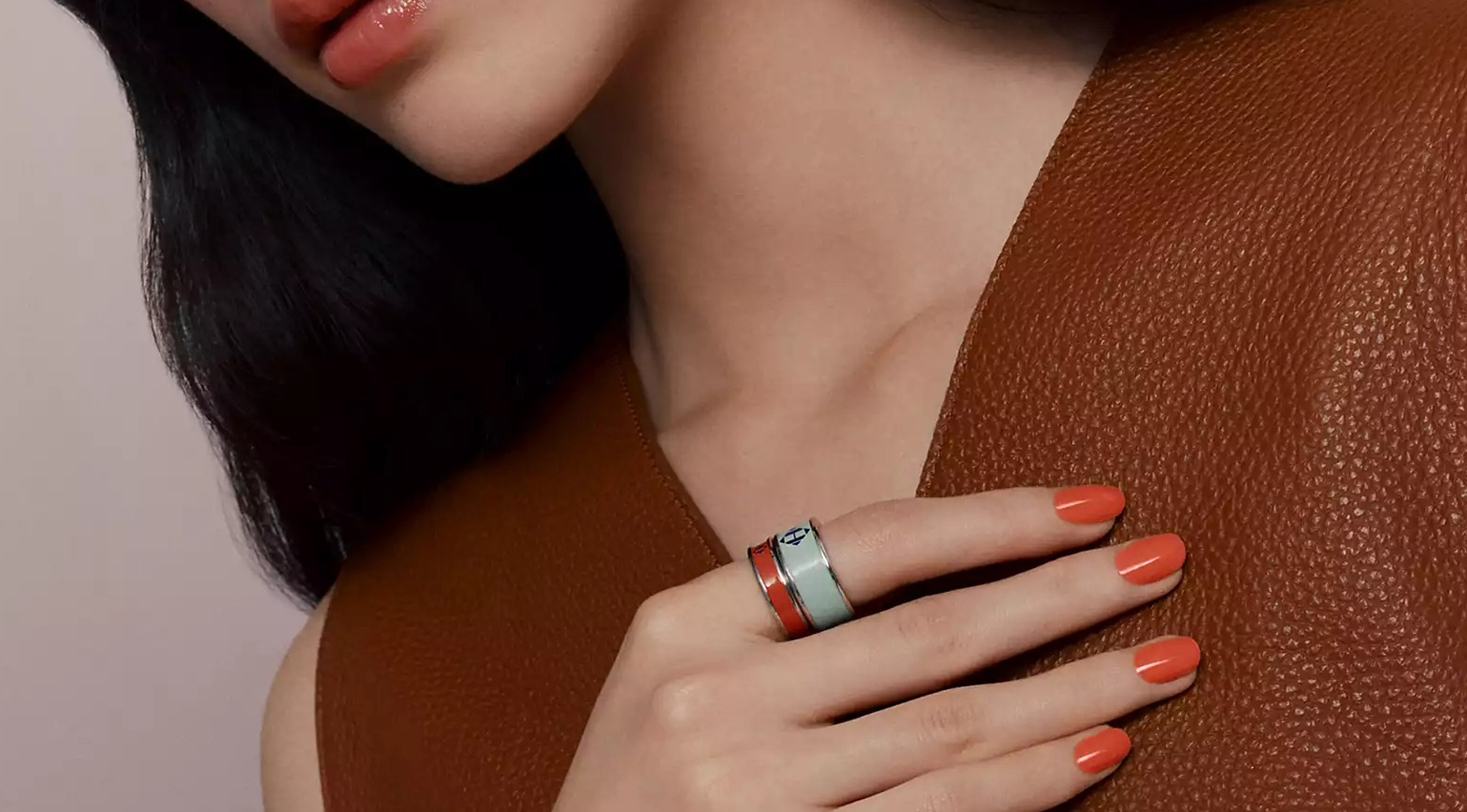 The best beauty products of the month, from a ‘revolutionary’ Dyson hairdryer to zingy Hermès nail polish
The best beauty products of the month, from a ‘revolutionary’ Dyson hairdryer to zingy Hermès nail polishThe best beauty products of the month, selected by Wallpaper*, include Dyson’s life-changing new hairdryer, zingy springtime nail polish by Hermès and skin barrier saviours by the likes of Dr Barbara Sturm
-
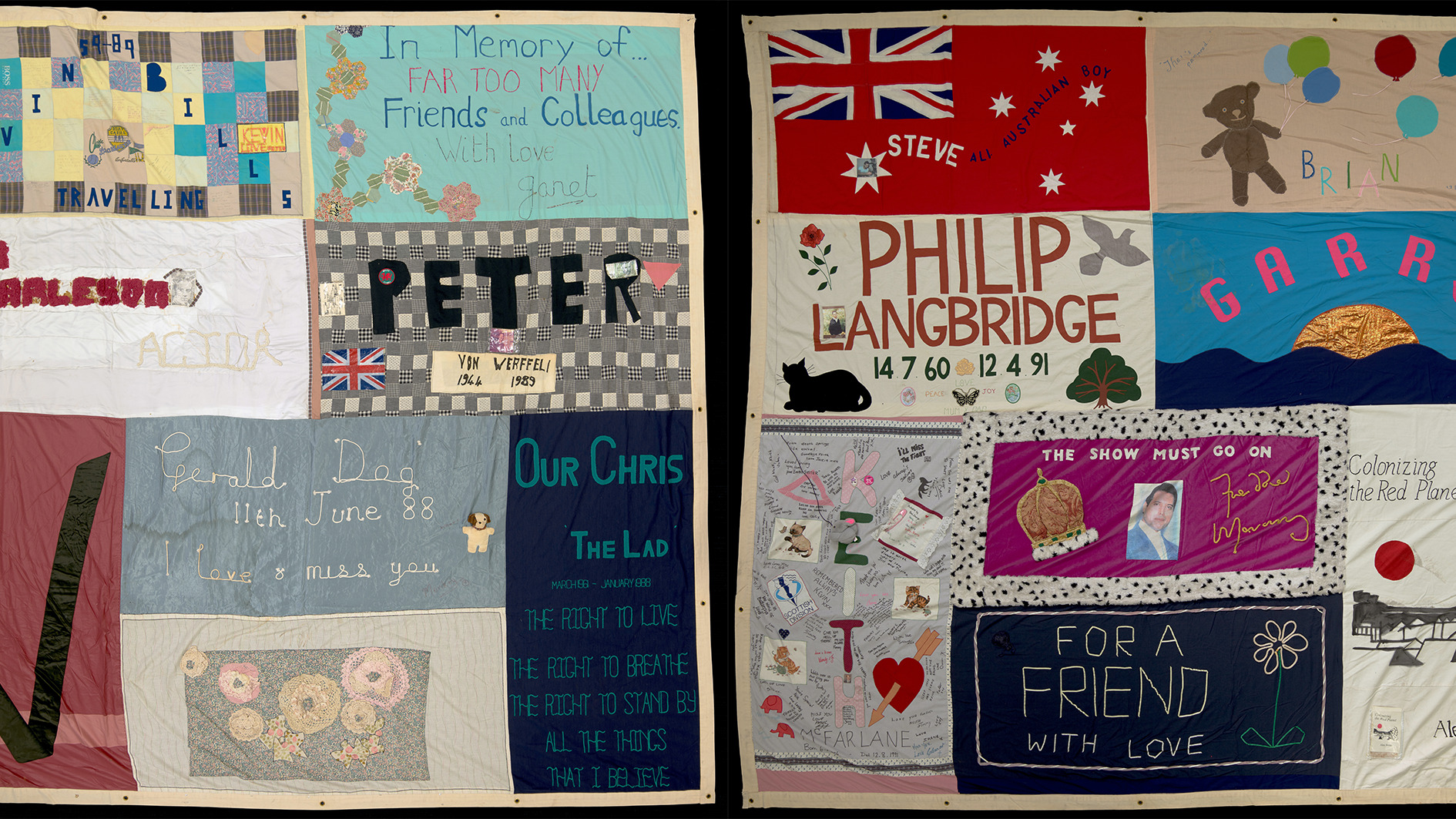 The UK AIDS Memorial Quilt will be shown at Tate Modern
The UK AIDS Memorial Quilt will be shown at Tate ModernThe 42-panel quilt, which commemorates those affected by HIV and AIDS, will be displayed in Tate Modern’s Turbine Hall in June 2025
-
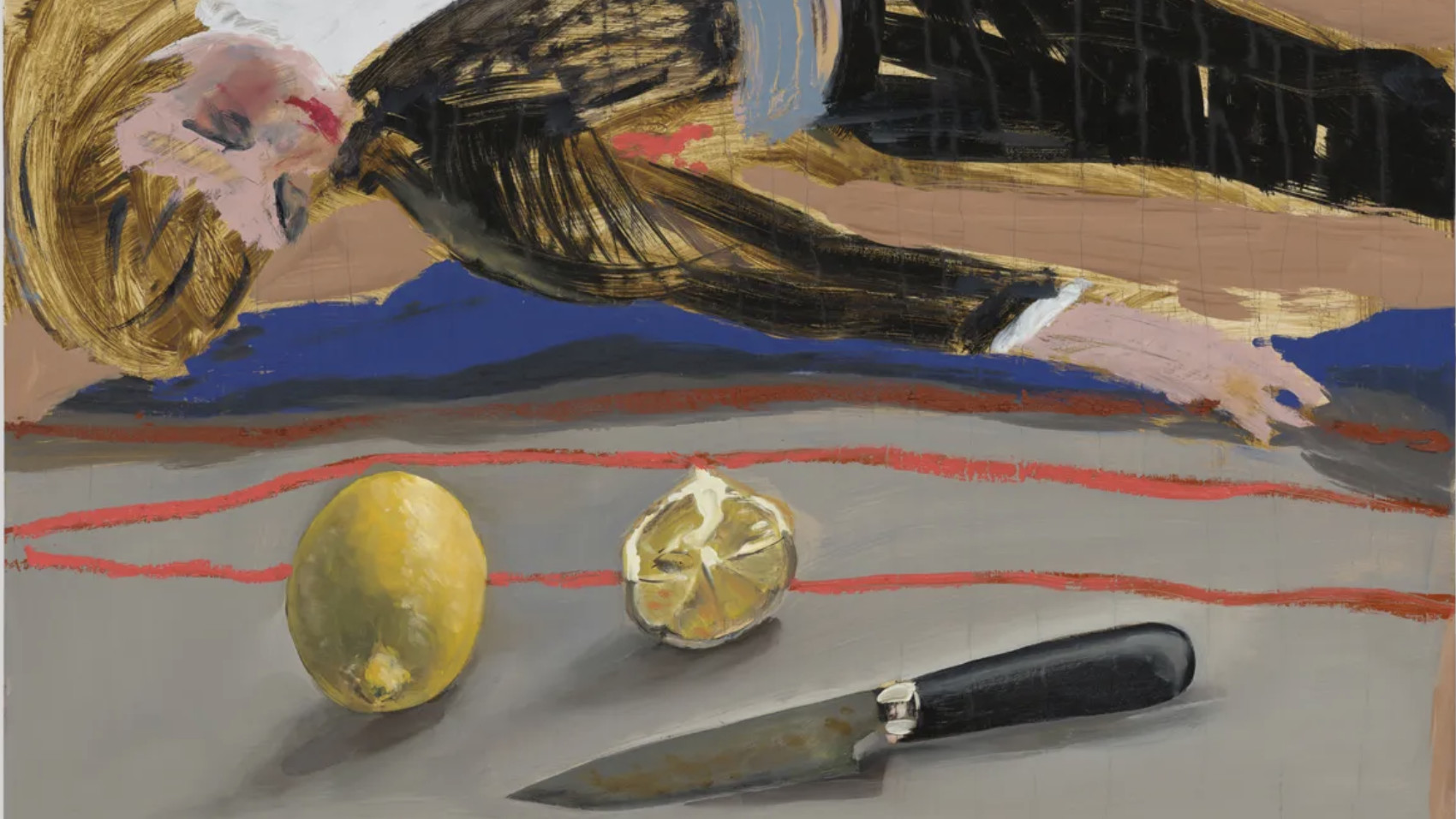 ‘Humour is foundational’: artist Ella Kruglyanskaya on painting as a ‘highly questionable’ pursuit
‘Humour is foundational’: artist Ella Kruglyanskaya on painting as a ‘highly questionable’ pursuitElla Kruglyanskaya’s exhibition, ‘Shadows’ at Thomas Dane Gallery, is the first in a series of three this year, with openings in Basel and New York to follow
-
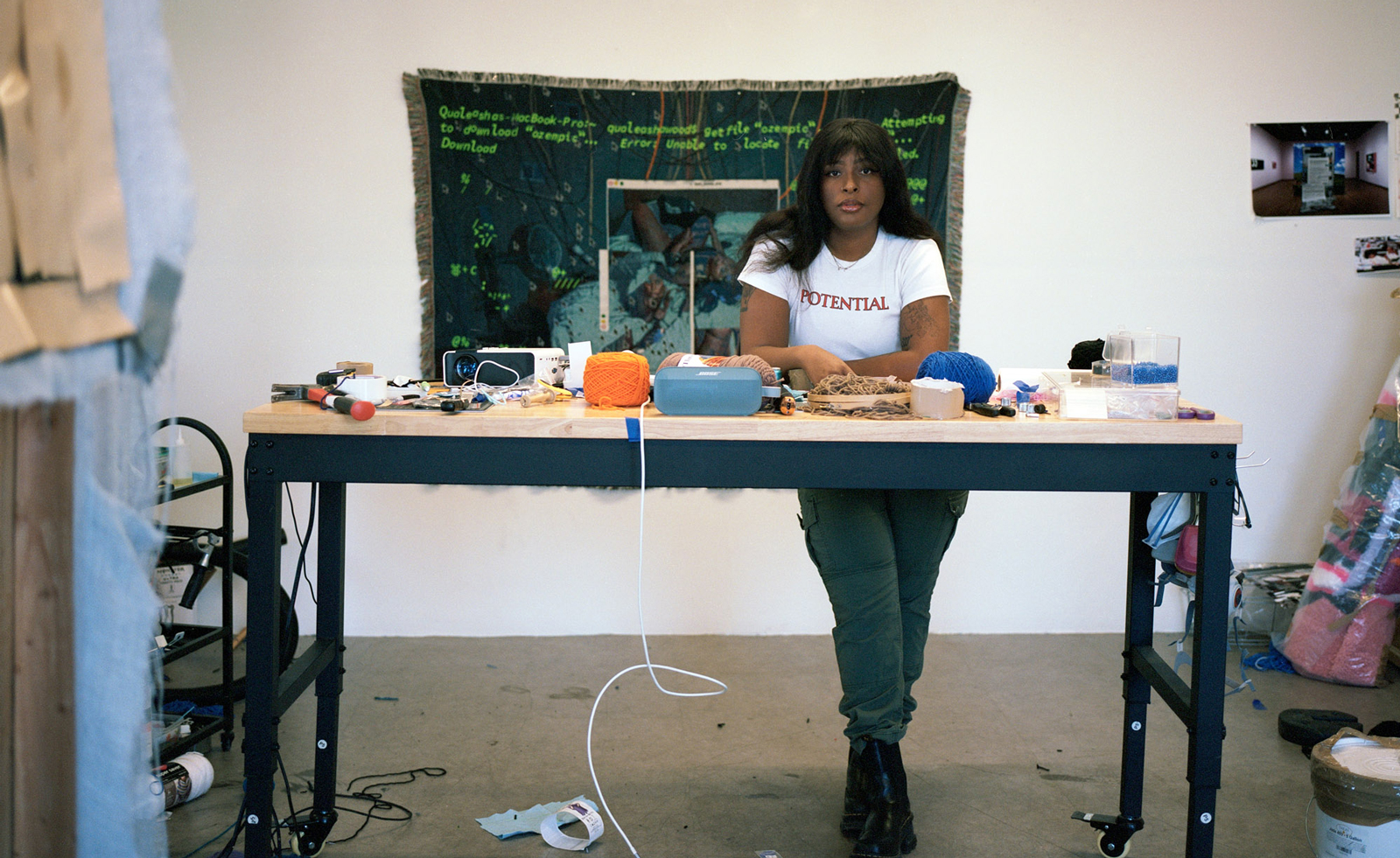 Artist Qualeasha Wood explores the digital glitch to weave stories of the Black female experience
Artist Qualeasha Wood explores the digital glitch to weave stories of the Black female experienceIn ‘Malware’, her new London exhibition at Pippy Houldsworth Gallery, the American artist’s tapestries, tuftings and videos delve into the world of internet malfunction
-
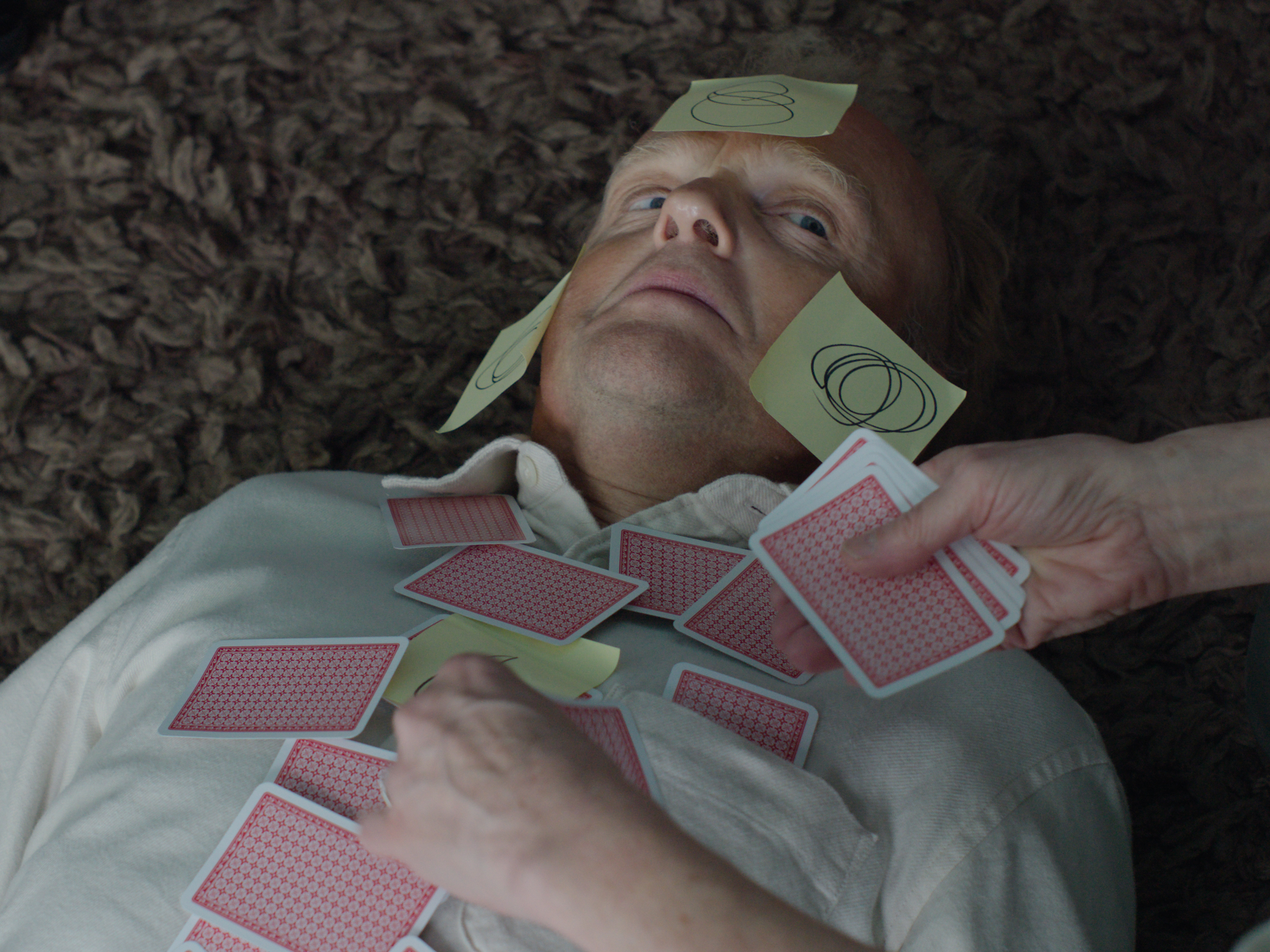 Ed Atkins confronts death at Tate Britain
Ed Atkins confronts death at Tate BritainIn his new London exhibition, the artist prods at the limits of existence through digital and physical works, including a film starring Toby Jones
-
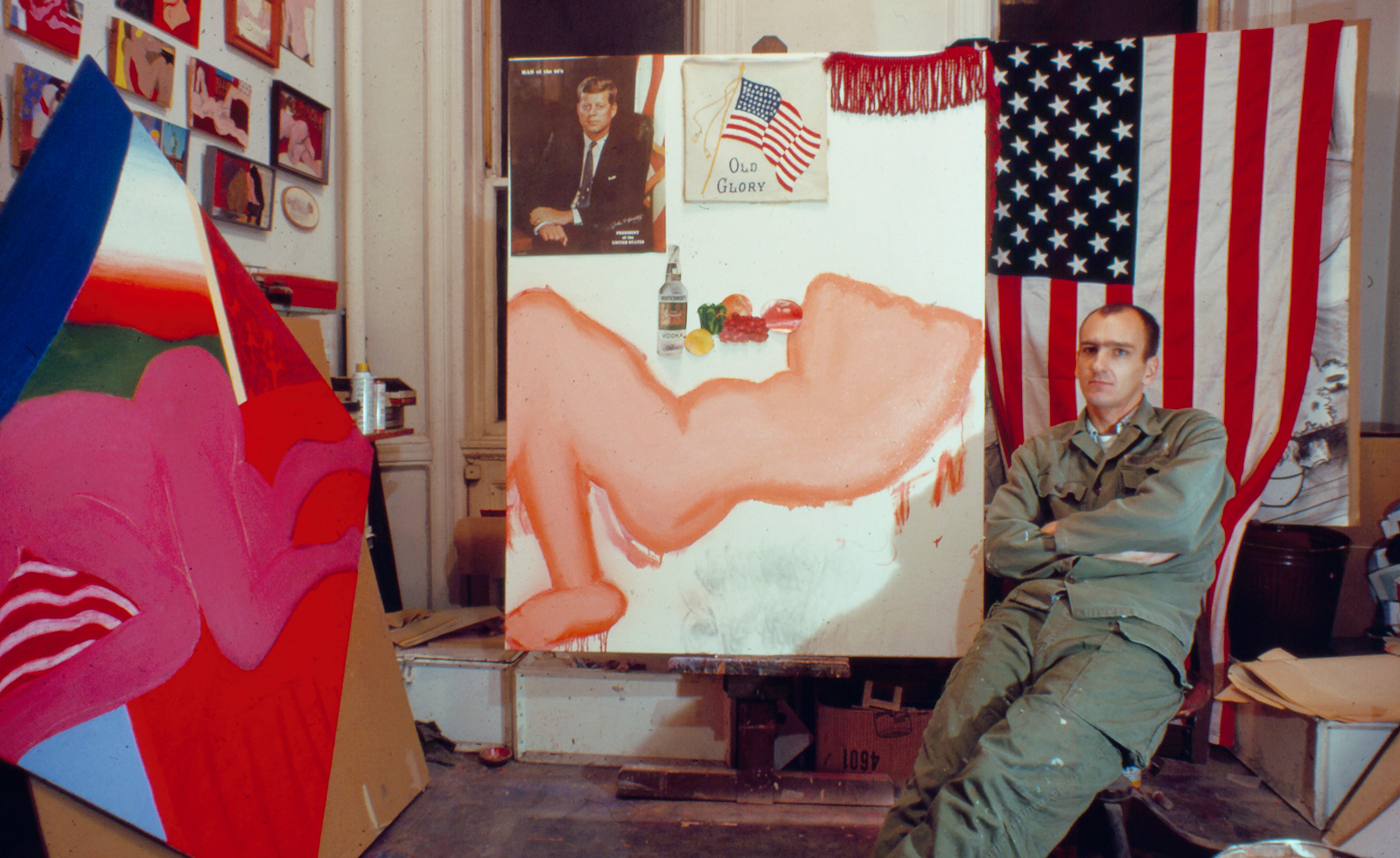 Tom Wesselmann’s 'Up Close' and the anatomy of desire
Tom Wesselmann’s 'Up Close' and the anatomy of desireIn a new exhibition currently on show at Almine Rech in London, Tom Wesselmann challenges the limits of figurative painting
-
 A major Frida Kahlo exhibition is coming to the Tate Modern next year
A major Frida Kahlo exhibition is coming to the Tate Modern next yearTate’s 2026 programme includes 'Frida: The Making of an Icon', which will trace the professional and personal life of countercultural figurehead Frida Kahlo
-
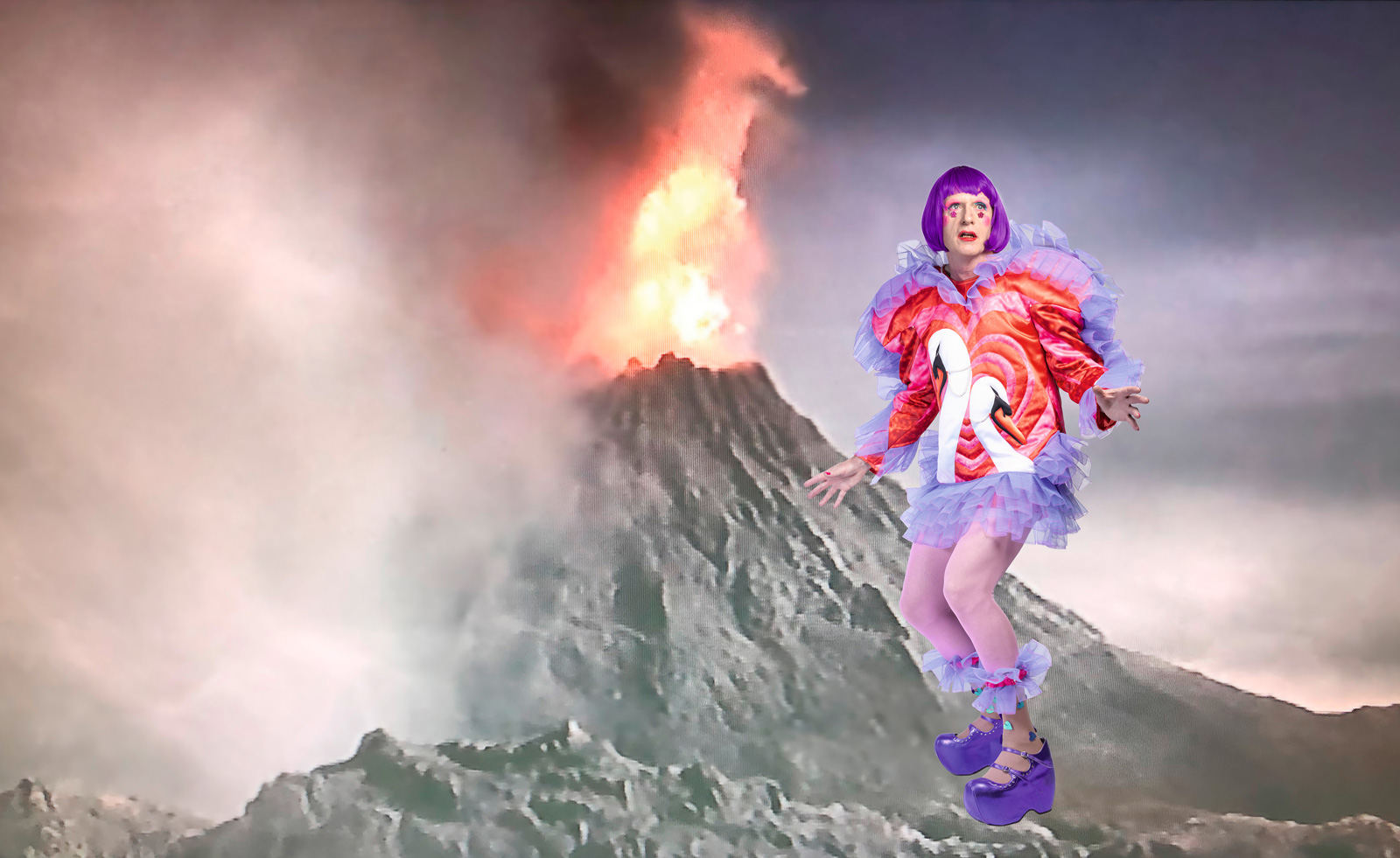 A portrait of the artist: Sotheby’s puts Grayson Perry in the spotlight
A portrait of the artist: Sotheby’s puts Grayson Perry in the spotlightFor more than a decade, photographer Richard Ansett has made Grayson Perry his muse. Now Sotheby’s is staging a selling exhibition of their work
-
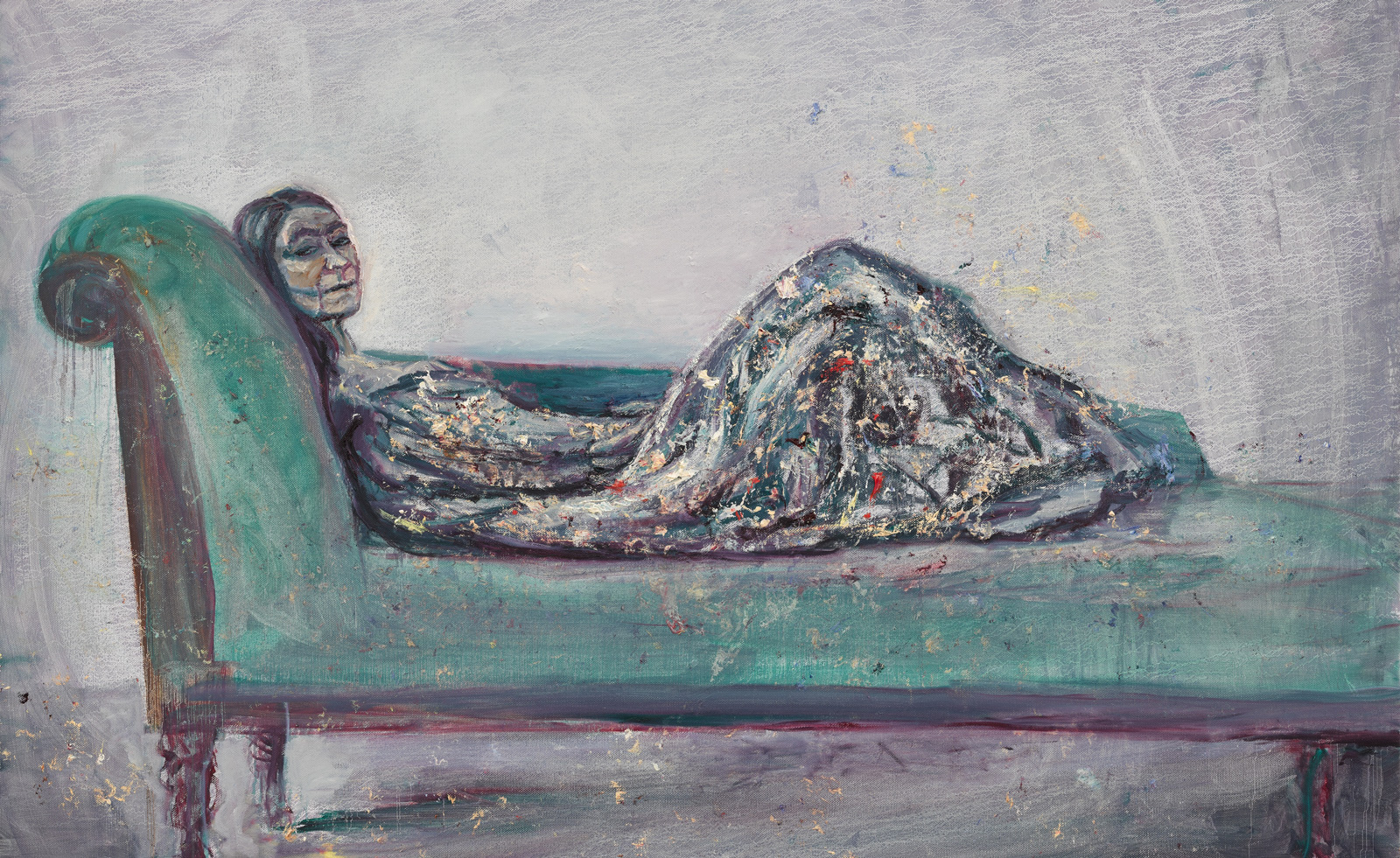 Celia Paul's colony of ghostly apparitions haunts Victoria Miro
Celia Paul's colony of ghostly apparitions haunts Victoria MiroEerie and elegiac new London exhibition ‘Celia Paul: Colony of Ghosts’ is on show at Victoria Miro until 17 April